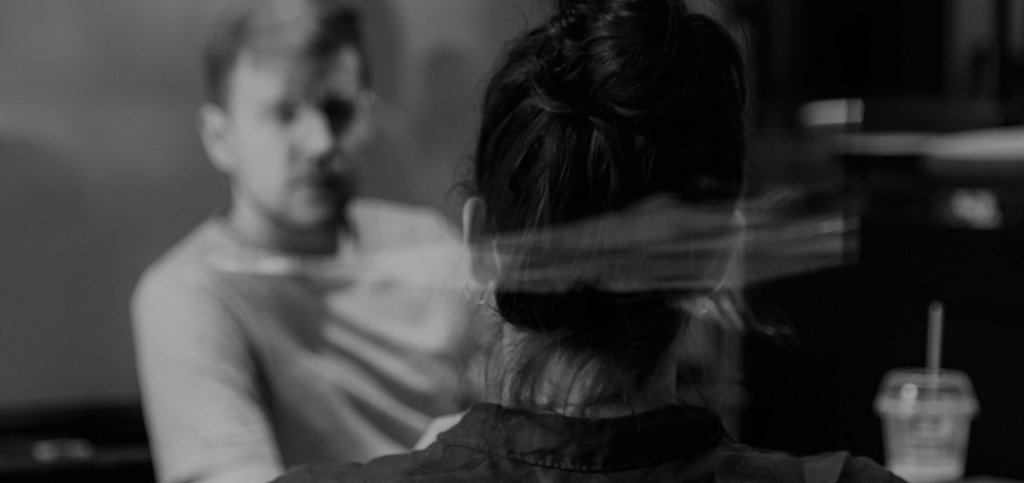This is second of eight short blogs exploring the elements of therapeutic change as proposed by Dr Sebastian Kramer. Click here to read the first one – ‘A Desire to Change‘.
2. A primary task, a goal . . .
When a client enters therapy they give us permission, to help them with an initial task or goal. This goal may change throughout the therapy so it can be discussed and the ‘therapeutic sat nav’ can be reset.
It is important that both of therapist and client understand and agree with what is being worked towards.
We call it a ‘therapeutic contract’. It helps to keep our talking on subject and the last thing a therapist wants is for a client to walk out of the room thinking that the session had not been useful, that the conversation may have drifted around too many subjects or they had not been asked the questions they were hoping to be asked.
In systemic psychotherapy it is not unusual for us to ask for feedback from our clients a little way into the session to help us understand if the session feels on track and useful so we can change direction to recalibrate the conversation.
When I was training I thought it was the therapist’s job to solve all of the client’s problems and dilemmas – this was an overwhelming and crippling thought.
I now understand that therapy can exist in chapters, in segments and in episodes. You can move in and out of therapy with different goals.
Therapy is an on-going dialogue with the therapist’s job being facilitate, encourage, cajole, challenge, question, celebrate and witness the reflection, insights and successes that our clients experience.
Brighton and Hove Psychotherapy is a collective of experienced psychotherapists, psychologists and counsellors working with a range of client groups, including fellow therapists and health professionals. If you would like more information, or an informal discussion please get in touch. Online therapy is available.


